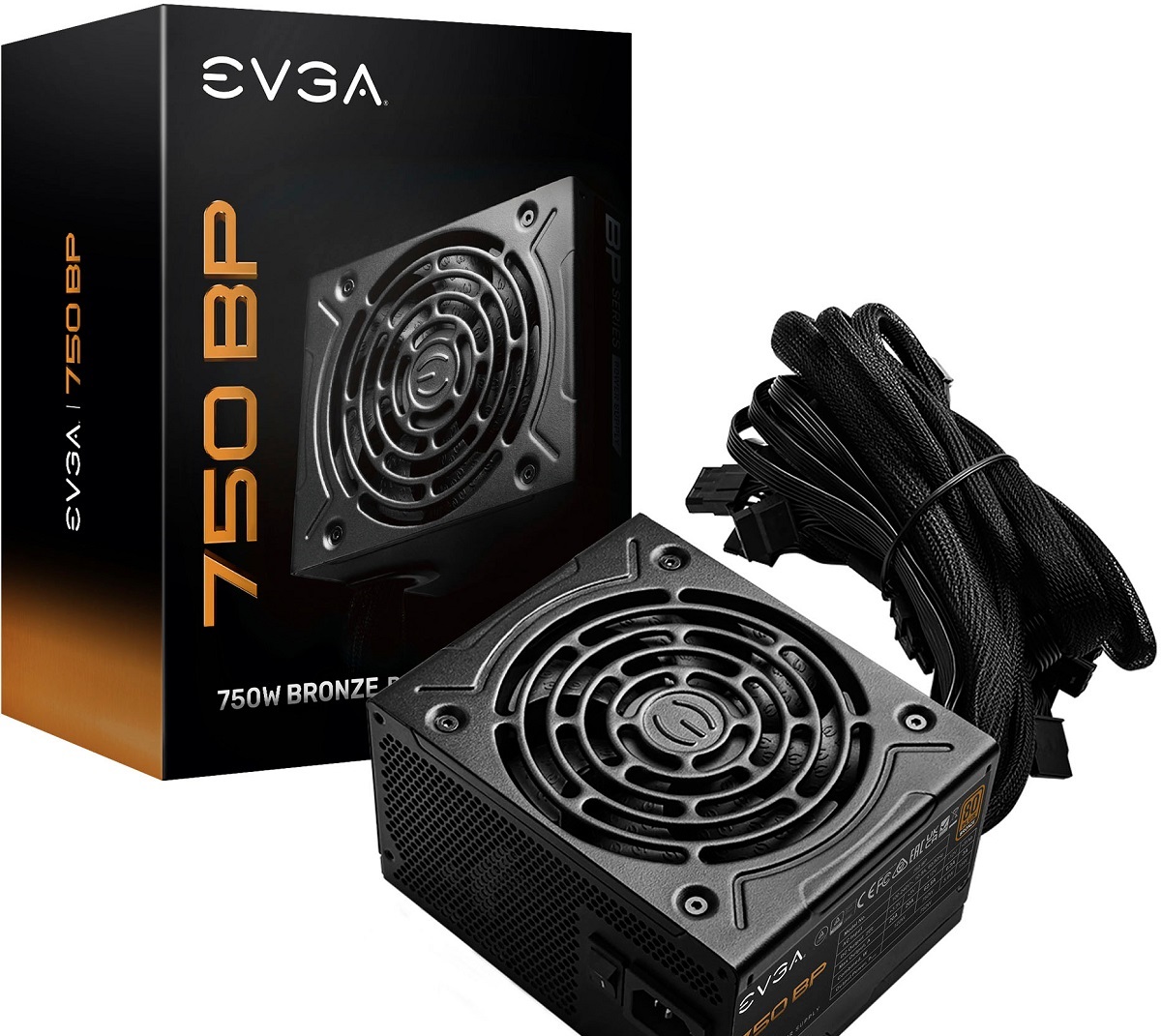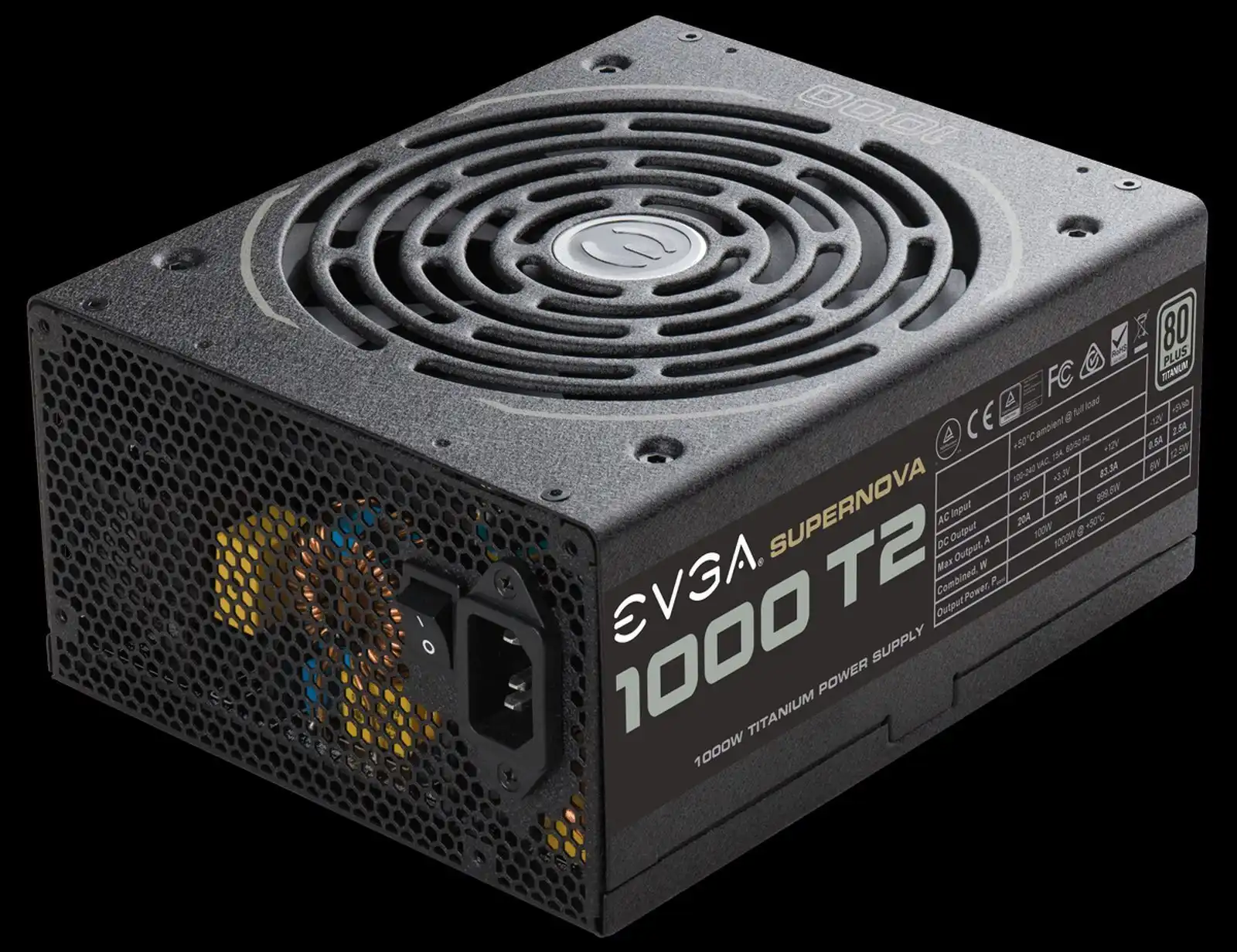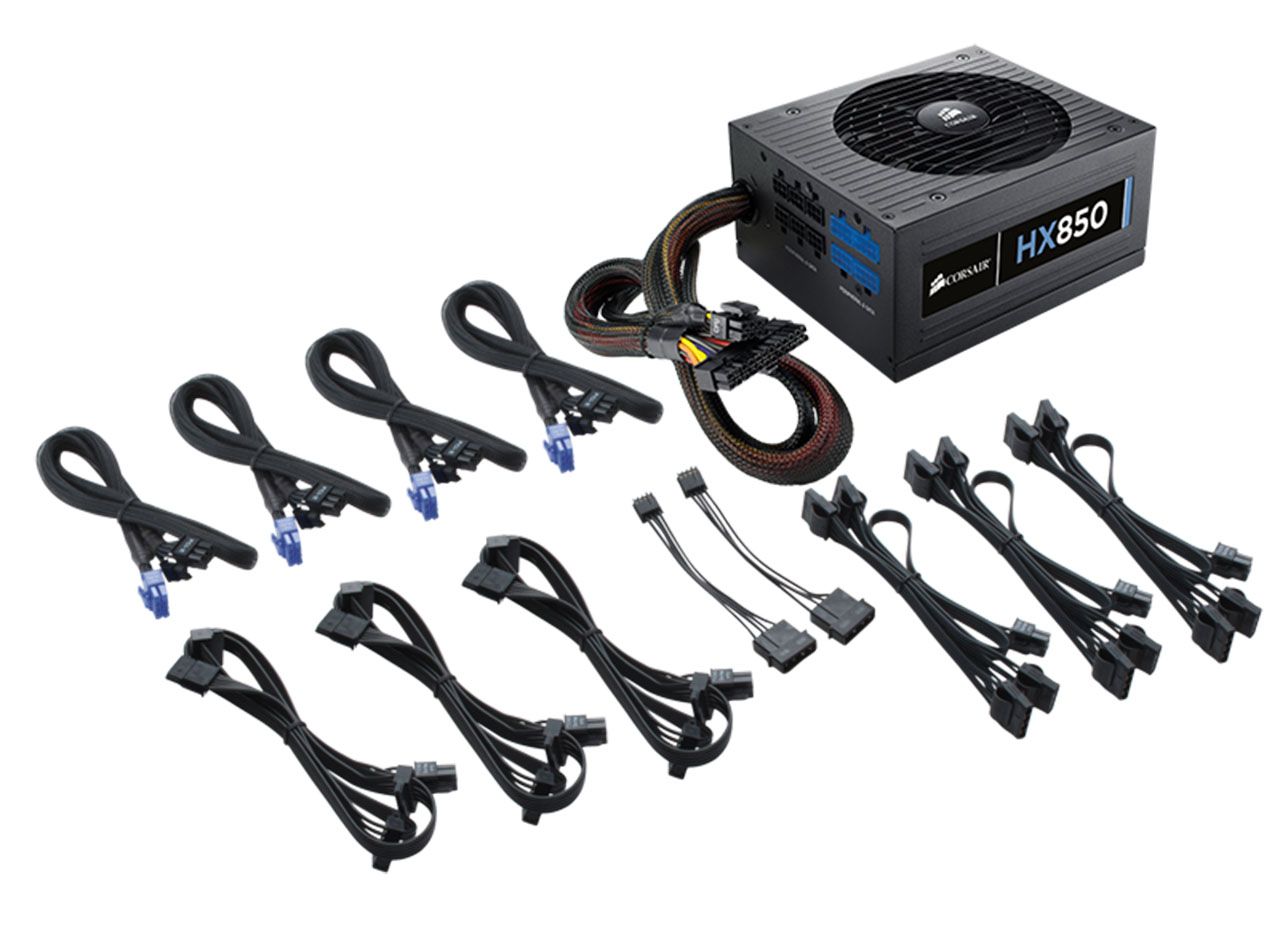Introduction:
Welcome to our guide on determining the optimal wattage for your power supply unit (PSU). When it comes to building or upgrading a computer, choosing the right PSU is crucial for ensuring stable and reliable power delivery to all your components. One of the key aspects to consider is the wattage of the PSU.
A PSU’s wattage refers to the amount of power it can supply to your computer’s components, such as the CPU, GPU, motherboard, and peripherals. It is essential to have a PSU with sufficient wattage to meet the power demands of your system without causing any performance issues or potential damage.
In this guide, we will delve into the considerations when determining the appropriate wattage for your PSU. We will explore various factors that can influence power requirements, whether it is better to have more or less extra wattage, and ultimately, how much extra wattage you should aim for.
Before we dive into those details, it’s important to note that wattage isn’t the only factor to consider when choosing a PSU. Efficiency, modular or non-modular design, brand reputation, and other specifications are also crucial, but we will primarily focus on wattage in this guide.
So, if you’re ready to understand how much extra wattage your PSU should have, let’s dive in and unravel the mysteries of power supply requirements!
What is PSU wattage?
PSU wattage refers to the maximum amount of power that a power supply unit can provide to your computer’s components. It is measured in watts (W) and is a crucial specification to consider when building or upgrading your system. The wattage of a PSU determines how much power it can deliver to meet the demands of various hardware components.
The power supply unit is responsible for converting the AC (alternating current) power from the wall outlet into DC (direct current) power that your computer components require to function. It distributes this power to the motherboard, CPU, GPU, storage devices, and other peripherals in your system.
Each hardware component in your computer has specific power requirements. For instance, the CPU and GPU are typically the most power-hungry components, while other devices like RAM, hard drives, and fans have significantly lower power needs. The PSU wattage must be sufficient to meet the combined power demands of all these components, ensuring stable operation and preventing any power-related issues.
When selecting a PSU, it is crucial to choose one with a wattage that meets or exceeds the power requirements of your hardware. If you have a PSU with insufficient wattage, the power supply may struggle to meet the demands of your components, leading to system instability, crashes, or even failure to power on. On the other hand, a PSU with excessive wattage for your system may be wasteful and unnecessary, resulting in higher energy consumption and increased costs over time.
Now that we understand the concept of PSU wattage, let’s move on to understanding the factors that influence power supply requirements for your computer system.
Understanding power supply requirements
Determining the power supply requirements for your computer involves considering several crucial factors that affect the overall power consumption of your system. Understanding these factors will help you choose the right wattage for your PSU and avoid any potential issues.
1. Hardware components: The first and most important consideration is the power requirements of the different hardware components in your system. Components such as the CPU and GPU tend to be the most power-hungry. High-end, overclocked processors and graphics cards may have significantly higher power demands compared to their standard counterparts. Additionally, the number of storage drives, the amount of RAM, and the number of peripherals will also contribute to the overall power consumption.
2. Efficiency rating: Another factor to consider is the efficiency rating of the PSU. Efficiency indicates how effectively the power supply converts AC power from the wall outlet into DC power for your computer. A higher efficiency rating means that less power is wasted as heat during the conversion process. Opting for a PSU with a higher efficiency rating will not only reduce energy consumption but also help keep temperatures lower inside your system.
3. Overclocking: If you plan on overclocking your CPU or GPU, it’s essential to take the increased power requirements into account. Overclocking can significantly increase the power draw of these components, so you should ensure that your PSU has enough headroom to handle the additional power demands for stable operation.
4. Future Upgrades: Consider any future upgrades you might make to your system. If you plan on adding more powerful components or expanding your system, it’s a good idea to choose a PSU with some extra wattage to accommodate these future upgrades. This will save you the hassle and cost of replacing the PSU when you decide to make those enhancements.
5. Peripheral Devices: Don’t forget to account for any peripheral devices you connect to your computer, such as external hard drives, USB devices, and monitors. These devices draw power from your system and should be factored into the overall power supply requirements.
By carefully considering these factors, you can determine the power supply requirements for your computer system and ensure that you choose a PSU with an appropriate wattage. Now, let’s explore whether it is better to have more or less extra wattage in your PSU.
Factors to consider
When it comes to deciding on the wattage for your PSU, several factors need to be taken into account. These factors will help you determine whether you should aim for more or less extra wattage in your power supply unit.
1. Power Consumption of Components: As mentioned earlier, it is crucial to consider the power consumption of your computer’s components. Take into account the requirements of your CPU, GPU, motherboard, RAM, storage drives, and other peripherals. You can typically find the power consumption specifications for these components in their respective product documentation or on the manufacturer’s website.
2. Efficiency of the PSU: Consider the efficiency rating of the PSU you are considering. An efficient power supply will convert more of the AC power from the outlet into DC power for your components, resulting in less wasted energy as heat. This will not only lower your electricity costs but also contribute to the overall cooling efficiency of your system. A higher efficiency rating, such as 80 Plus Bronze, Silver, Gold, or Platinum, is generally recommended for more energy-efficient operation.
3. Overclocking and Future Upgrades: If you plan on overclocking your CPU or GPU or anticipate future upgrades, it is advisable to opt for a PSU with some extra wattage. Overclocking and adding more powerful components will increase the power requirements of your system. Having some headroom in wattage will ensure stable operation and prevent any potential issues when pushing your hardware to its limits or upgrading in the future.
4. Budget and Energy Efficiency: Consider your budget and energy efficiency goals when selecting a PSU wattage. A higher wattage PSU will generally come at a higher cost. If you are on a tight budget or prioritize energy efficiency, it may be more suitable to choose a PSU with a wattage that is closer to your system’s requirements.
5. The 80 Plus Certification: The 80 Plus Certification is a standardized rating system that indicates the efficiency of a PSU. It evaluates how well a PSU converts AC power to DC power, with different levels of certification (80 Plus, 80 Plus Bronze, 80 Plus Silver, etc.) representing varying degrees of efficiency. Looking for a PSU with higher 80 Plus ratings can help ensure a more energy-efficient system.
By considering these factors, you can make an informed decision about the wattage requirements for your PSU. Remember that it is better to have some extra wattage to accommodate any potential power demands while still maintaining energy efficiency, stability, and future upgradeability.
Is it better to have more or less extra wattage?
When it comes to determining the amount of extra wattage you should aim for in your PSU, the general consensus is that it is better to have some extra wattage rather than opting for the bare minimum. There are several reasons why having extra wattage can be advantageous for your system.
1. Account for Power Spikes: Power spikes can occur when your components require a sudden surge of power, such as during intensive tasks or when starting up. Having some extra wattage in your PSU can help accommodate these spikes, ensuring that your system doesn’t experience voltage drops or instability during such demanding situations.
2. Future-Proofing: Investing in a PSU with extra wattage can help future-proof your system. As technology advances and new hardware components become more power-hungry, having headroom in wattage will allow you to upgrade without needing to replace your PSU. This can save you both money and hassle in the long run.
3. Efficiency and Cooling: Operating a PSU near its maximum capacity can lead to decreased efficiency and increased heat generation. Having extra wattage allows your PSU to operate at a more optimal range, maximizing efficiency and minimizing heat output. This can result in lower electricity costs and improved overall system cooling.
4. Flexibility: Having more extra wattage gives you flexibility when it comes to adding or upgrading components in your system. Whether it’s a new, power-hungry GPU or additional storage drives, having a surplus of power ensures that you can easily integrate these components without worrying about exceeding the PSU’s capabilities.
5. Peace of Mind: Lastly, having extra wattage in your PSU provides peace of mind. Knowing that your system has sufficient power capacity to handle unforeseen power demands and potential future upgrades can alleviate any concerns about stability or performance issues.
However, it is important not to go overboard with excessive wattage. A significantly oversized PSU can be wasteful and costlier than necessary. It is best to strike a balance by choosing a PSU with an appropriate amount of extra wattage that meets your current and potential future power requirements without significantly exceeding them.
Now that we understand the advantages of having some extra wattage in your PSU, let’s explore how much extra wattage you should aim for in the next section.
How much extra wattage should a PSU have?
Determining the optimal amount of extra wattage for your PSU involves considering your system’s power requirements, future upgrade plans, and desired level of efficiency. While there is no one-size-fits-all answer, there are some general guidelines you can follow.
1. Calculate your system’s power requirements: Start by assessing the power consumption of your components. Consider the wattage specifications provided by the manufacturers for your CPU, GPU, motherboard, RAM, storage drives, and peripherals. Make a list and add up the maximum power requirements of all these components.
2. Choose a PSU wattage slightly higher than your calculated power requirements: Once you have calculated your system’s power requirements, it is recommended to choose a PSU with a wattage slightly higher than that. A 10-20% buffer is typically sufficient to accommodate power spikes, provide future upgrade flexibility, and maintain efficient operation.
3. Consider the efficiency rating: Keep in mind the efficiency rating of the PSU you are considering. If you prefer a higher level of energy efficiency, it may be worth opting for a PSU with a slightly higher wattage to operate within the optimal efficiency range.
4. Future-proofing: If you plan on adding more power-hungry components in the future, such as a high-end GPU or multiple storage drives, you may want to choose a PSU with even more extra wattage to allow for these potential additions without the need for a PSU upgrade.
5. Budget and practicality: Consider your budget and practicality when deciding on the amount of extra wattage. While it is good to have extra headroom, excessively high wattage PSUs can be unnecessary and more expensive. Determine the right balance that fits your budget and meets your system’s needs.
Overall, having a PSU with 10-20% extra wattage is a reliable range to aim for. This provides you with the necessary cushion for power spikes, potential upgrades, and efficient operation. However, it’s important to note that these are general guidelines, and specific system requirements may vary.
By carefully considering your system’s power requirements, future plans, efficiency goals, and budget, you can select a PSU with an appropriate amount of extra wattage to ensure optimal performance, flexibility, and peace of mind.
The importance of efficiency
When choosing a power supply unit (PSU) for your computer, it’s essential to consider not only the wattage but also the efficiency rating. The efficiency of a PSU refers to how effectively it converts AC power from the wall outlet into DC power for your components.
Why is efficiency important when it comes to selecting a PSU? Let’s explore the key reasons:
1. Lower electricity costs: A PSU with higher efficiency means it wastes less power as heat during the conversion process. This translates to lower energy consumption and, consequently, reduced electricity costs over time. An efficient PSU can make a noticeable difference in your electricity bill, especially if your computer is running for long periods or if you have a power-hungry system.
2. Environmental impact: Opting for a highly efficient PSU not only benefits your wallet but also the environment. By reducing energy waste, you contribute to a greener and more sustainable computing setup. This is particularly important as energy consumption continues to increase worldwide.
3. Heat reduction: An efficient PSU generates less heat during operation. When a PSU runs more efficiently, it requires less cooling and produces lower fan noise. This can contribute to a quieter and cooler system overall, enhancing the overall user experience. Additionally, reduced heat output can extend the lifespan of other components in your computer by mitigating the risk of overheating.
4. Prolonged PSU lifespan: An efficient PSU is subject to less stress during power conversion, resulting in improved reliability and potentially prolonging its lifespan. Components that run cooler and operate within their recommended temperature ranges tend to have a longer operational life. Investing in an efficient PSU can save you from the hassle and cost of replacing a faulty unit down the line.
5. Consistent power delivery: Efficiency is closely tied to the stability of power delivery. A PSU with higher efficiency provides more stable, reliable power to your components. This helps prevent voltage drops, spikes, or other power-related issues that could potentially damage your hardware or cause system instability.
When looking for an efficient PSU, keep an eye out for certifications such as 80 Plus Bronze, Silver, Gold, or Platinum. These certifications indicate the PSU’s adherence to specific efficiency standards.
By prioritizing efficiency in your PSU choice, you can enjoy cost savings, environmental benefits, improved system cooling, and increased overall reliability. Before making a purchase, carefully consider the efficiency rating alongside wattage to ensure an optimal choice for your system’s needs.
Conclusion
Choosing the right wattage for your power supply unit (PSU) is crucial for the stable and efficient operation of your computer system. By considering factors such as your components’ power requirements, efficiency rating, future upgrade plans, and budget, you can determine the appropriate amount of extra wattage for your PSU.
Having some extra wattage, typically around 10-20%, is advisable to account for power spikes, accommodate future hardware upgrades, and maintain system performance and stability. It also provides a buffer for efficient operation and allows for flexibility in adding or upgrading components without the need for a PSU replacement.
Remember to consider the efficiency rating of the PSU as well. Opting for a highly efficient unit will not only save you money on electricity costs but also contribute to environmental sustainability. An efficient PSU produces less heat, operates more quietly, and provides a more stable power supply, benefiting both your system components and overall user experience.
By striking the right balance between wattage, efficiency, and practicality, you can select a PSU that meets your system’s power requirements and suits your needs and budget. Consider the power consumption of your components, assess your future upgrade plans, and ensure the chosen PSU has an appropriate efficiency rating.
With the right PSU, you can enjoy a reliable and efficient power supply, which is the foundation of a well-functioning computer system. So, take the time to research, evaluate your needs, and make an informed decision when it comes to choosing the wattage and efficiency of your power supply unit. Your system’s performance, longevity, and energy efficiency will thank you.

























